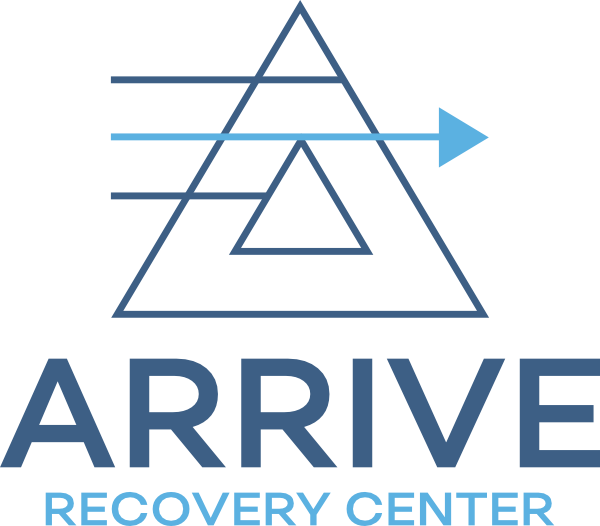In 2022, the Substance Abuse and Mental Health Services Administration (SAMHSA) reported that 1.3% of people aged 12 and older in the U.S. misused prescription benzodiazepines in the past year. The misuse was more prevalent among young adults aged 18 to 25, at 2.1%, and adults aged 26 or older, at 1.3%. Understanding the dangers and risks associated with benzodiazepine addiction is crucial for expanding awareness and emphasizing the importance of treatment and early intervention.
Physical Health Risks
Benzo addiction can lead to a range of physical health problems. Long-term use can result in:
- Cognitive impairments, including memory and concentration issues.
- Physical dependence, leading to withdrawal symptoms when not using the drug.
- Increased risk of accidents and injuries due to impaired motor skills and drowsiness.
- Potential for overdose, especially when combined with other substances like alcohol or opioids.
Mental Health Complications
Apart from physical health risks, benzo addiction can exacerbate or lead to mental health issues, such as:
- Worsening of underlying anxiety or depression.
- Development of new mental health conditions.
- Emotional instability, including mood swings and irritability.
Social and Behavioral Consequences
Benzo addiction can also have profound social and behavioral implications, including:
- Strained relationships with family and friends.
- Difficulty in maintaining employment or educational pursuits.
- Legal issues stemming from drug-seeking behavior.
The dangers and risks of benzo addiction make it imperative to seek treatment as soon as possible. Early intervention can prevent many of the adverse effects and lead to a more successful recovery.

